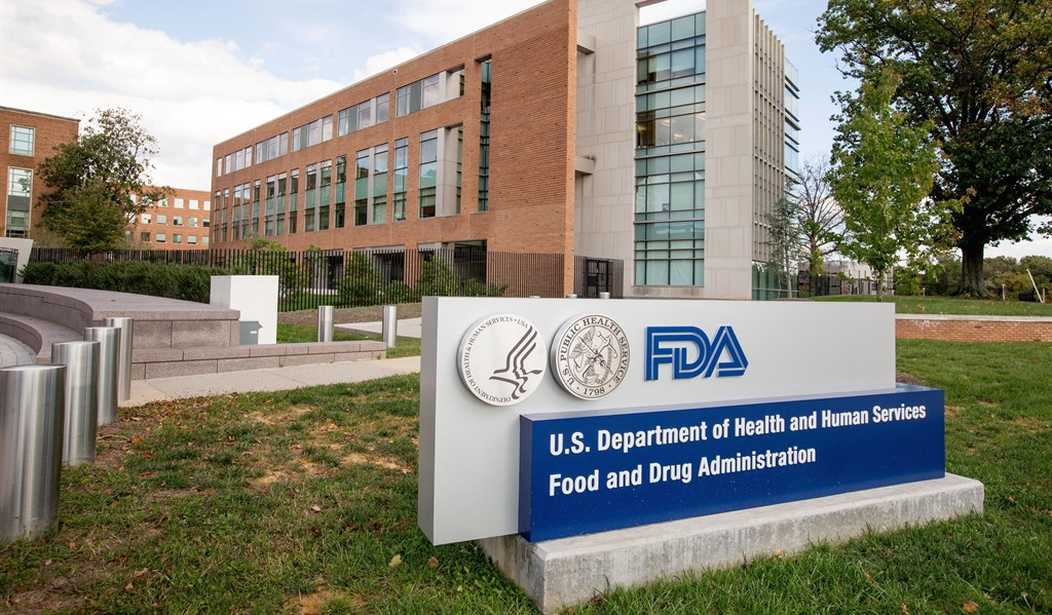This past Pi Day (March 14) may have been the final Pi Day with nonsensical and half-baked regulations on cherry pies. The Food and Drug Administration (FDA) recently announced that it was nixing its strict definitional requirements on frozen cherry pies after years of calls for reform. For half a century, the FDA has insisted under its “standards of identity” that frozen cherry pies must be made of 25 percent cherries by weight. Further, no more than 15 percent of cherries are allowed to be blemished or flawed. Bureaucrats insisted on these strange standards for frozen cherry pies without similar regulations on other frozen (or non-frozen) fruit-baked pies, but no more. While the FDA’s pitiful change is welcome, further reform of food identity standards should not be pie in the sky. It’s time to end these outdated, not-so-sweet food definitions.
More than fifty years ago, FDA leadership embarked on an ambitious campaign to define broad categories of food. The concern was that food manufacturers were misleading consumers about the content of their favorite brands, and there was no Google for figuring out which companies were peddling iffy foodstuffs. Under Section 401 of the Food, Drugs, and Cosmetics Act, the FDA has the authority to promulgate food identity standards to “promote honesty and fair dealing in the interest of consumers.” These standards have probably averted some deceptive marketing over the years. The problem is when consumers are perfectly happy with a brand selling frozen cherry pies comprised of 20 percent cherries, but the company can’t market their cherry pies as cherry pies. Manufacturers are forced to resort to confusing, indirect marketing, and everyone is confused as a result.
The FDA fortunately ditched this tart approach for frozen cherry pies, but the agency still maintains these strict standards for other foods and beverages. In a case of pulp fiction, the FDA has insisted since the early 1960s that “orange juice” has a minimum “Brix” level, which is a measure of the internal sugar solids of a fruit (i.e., how sweet it is). The required level was set at 10.5° and has not changed since then, despite no evidence whatsoever that 10.5° is the sweet spot for consumers. This standard used to be easier to attain, but weather changes and growing disease pressures have made the FDA’s identity standards increasingly onerous. The Florida Citrus Processors Association and Florida Citrus Mutual noted in a July 2022 petition to the FDA that, “[s]ince 2005, Florida’s orange trees have been increasingly infected by Huanglongbing (HLB or citrus greening disease)... Experts do not expect the average Brix level to return to previous averages without resolution of HLB, which remains incurable. While California’s orange crops are primarily produced for the fresh market, citrus processors use almost the entire Florida orange crop for the production of ‘not from concentrate’ (NFC) pasteurized orange juice.” As a result, manufacturers face the increasingly difficult choice of increasing cultivation costs or avoiding calling their product “orange juice,” which would make for a very confusing shopping experience. The FDA took more than a year to examine the petition, and even then, responded by requesting information from interested parties rather than taking concrete action. The process frustratingly remains in limbo.
Recommended
Despite recent progress on frozen cherry pies and yogurt, the agency certainly has its work cut out for it. There are roughly 250 standards of identity on the books, and many of them increase costs and create confusion for consumers.
Compositional requirements have had unintended consequences far and wide, including for infant formula. The FDA mandates that infant formula producers have safeguards in place to “ensure that infant formula does not become adulterated due to the presence of microorganisms in the formula or in the processing environment.” This doesn’t seem like a big deal, until one considers living organisms called “bacteriophages” that can be cheaply injected into foods and destroy deadly contaminants. These phages were originally used in World War II to treat soldiers’ many infections, but research in the 1990s concluded that phage cocktails could work wonders when applied to the food supply. But, thanks to broad FDA requirements about composition and adulteration, phages are a no-go in infant formula. This has undermined the safety of formula products, endangering the lives of millions of infants.
It’s time to end this definitional dilemma and allow manufacturers greater flexibility in marketing to consumers. It doesn’t take a pi-counting math professor to realize the current system is less-than-delectable.
David Williams is the president of the Taxpayers Protection Alliance.

























Join the conversation as a VIP Member